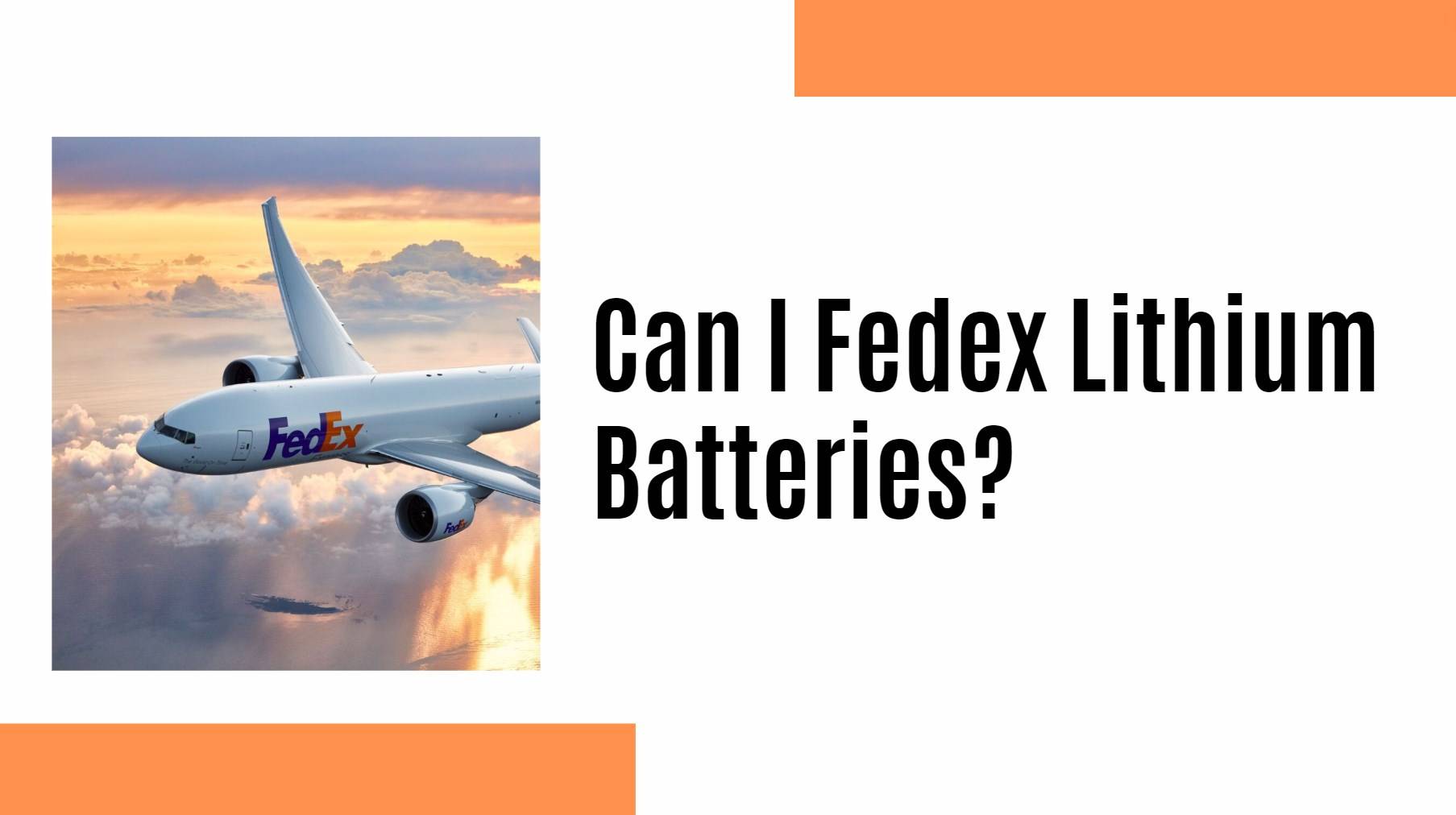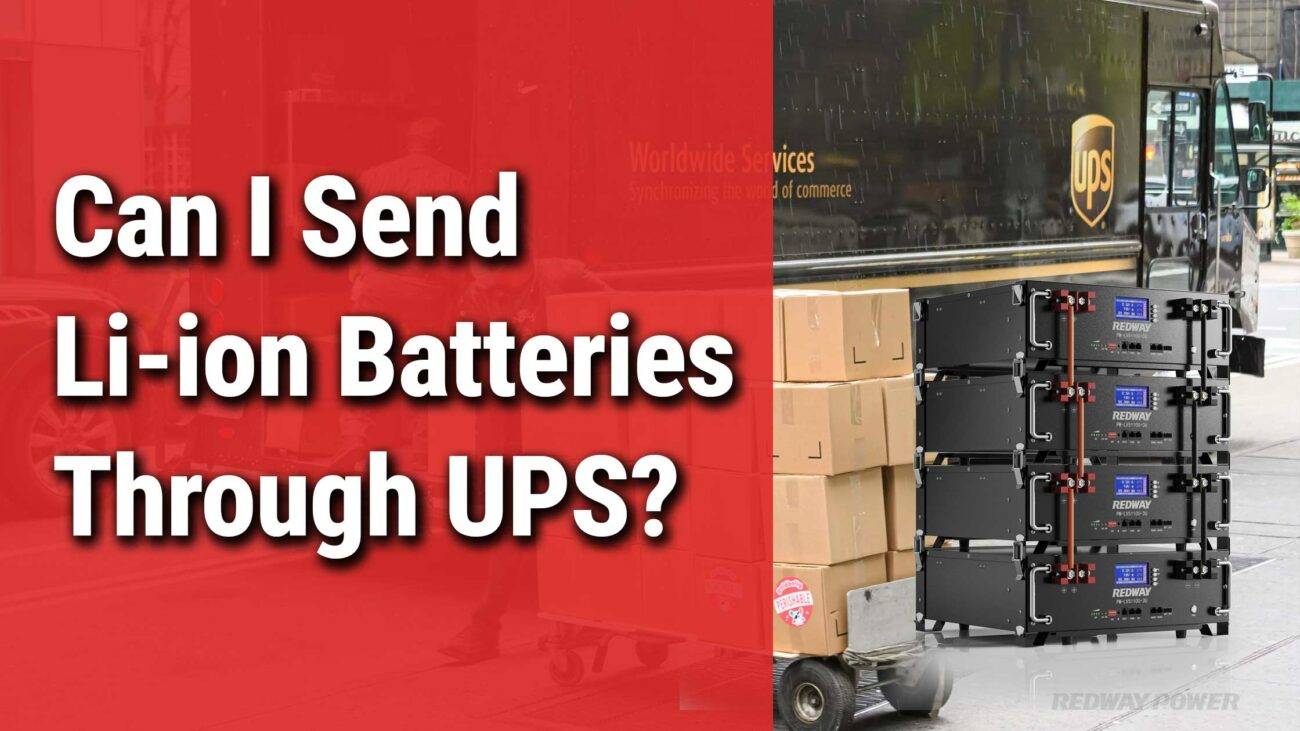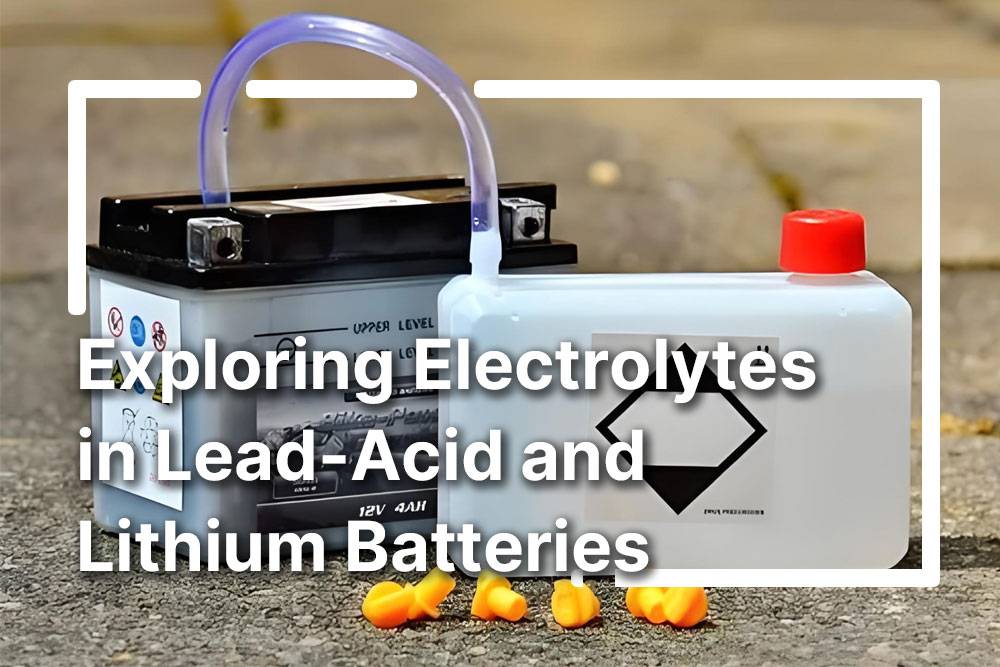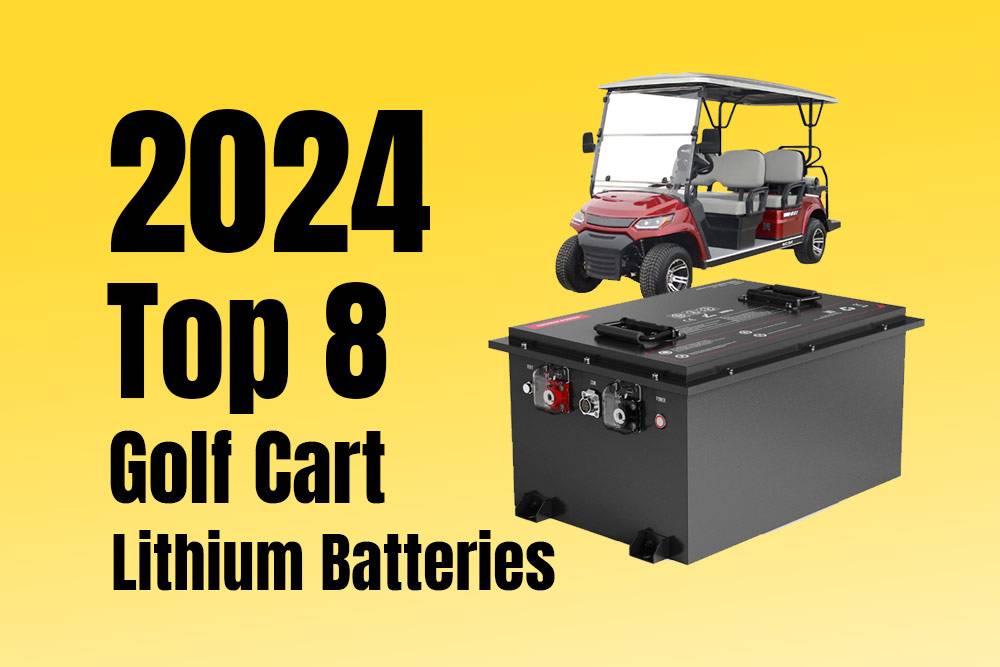- Rack-mounted Lithium Battery
- Golf Cart Lithium Battery
-
Golf Cart Lithium Battery
- 36V 50Ah (for Golf Carts)
- 36V 80Ah (for Golf Carts)
- 36V 100Ah (for Golf Carts)
- 48V 50Ah (for Golf Carts)
- 48V 100Ah (Discharge 100A for Golf Carts)
- 48V 100Ah (Discharge 150A for Golf Carts)
- 48V 100Ah (Discharge 200A for Golf Carts)
- 48V 120Ah (for Golf Carts)
- 48V 150Ah (for Golf Carts)
- 48V 160Ah (Discharge 100A for Golf Carts)
- 48V 160Ah (Discharge 160A for Golf Carts)
-
Golf Cart Lithium Battery
- Forklift Lithium Battery
- 12V Lithium Battery
- 24V Lithium Battery
- 36V Lithium Battery
- 48V Lithium Battery
-
48V LiFePO4 Battery
- 48V 50Ah
- 48V 50Ah (for Golf Carts)
- 48V 60Ah (8D)
- 48V 100Ah (8D)
- 48V 100Ah
- 48V 100Ah (Discharge 100A for Golf Carts)
- 48V 100Ah (Discharge 150A for Golf Carts)
- 48V 100Ah (Discharge 200A for Golf Carts)
- 48V 150Ah (for Golf Carts)
- 48V 160Ah (Discharge 100A for Golf Carts)
- 48V 160Ah (Discharge 160A for Golf Carts)
-
48V LiFePO4 Battery
- 60V Lithium Battery
-
60V LiFePO4 Battery
- 60V 20Ah
- 60V 30Ah
- 60V 50Ah
- 60V 50Ah (Small Size / Side Terminal)
- 60V 100Ah (for Electric Motocycle, Electric Scooter, LSV, AGV)
- 60V 100Ah (for Forklift, AGV, Electric Scooter, Sweeper)
- 60V 150Ah (E-Motocycle / E-Scooter / E-Tricycle / Tour LSV)
- 60V 200Ah (for Forklift, AGV, Electric Scooter, Sweeper)
-
60V LiFePO4 Battery
- 72V~96V Lithium Battery
- E-Bike Battery
- All-in-One Home-ESS
- Wall-mount Battery ESS
-
Home-ESS Lithium Battery PowerWall
- 24V 100Ah 2.4kWh PW24100-S PowerWall
- 48V 50Ah 2.4kWh PW4850-S PowerWall
- 48V 50Ah 2.56kWh PW5150-S PowerWall
- 48V 100Ah 5.12kWh PW51100-F PowerWall (IP65)
- 48V 100Ah 5.12kWh PW51100-S PowerWall
- 48V 100Ah 5.12kWh PW51100-H PowerWall
- 48V 200Ah 10kWh PW51200-H PowerWall
- 48V 300Ah 15kWh PW51300-H PowerWall
PowerWall 51.2V 100Ah LiFePO4 Lithium Battery
Highly popular in Asia and Eastern Europe.
CE Certification | Home-ESS -
Home-ESS Lithium Battery PowerWall
- Portable Power Stations
Can I Fedex Lithium Batteries?

Shipping lithium batteries can be complex due to regulations and restrictions. In this guide, we’ll focus on FedEx’s policies, answering whether you can ship lithium batteries with them. By the end, you’ll have the know-how to navigate shipping these powerful energy sources hassle-free. Let’s dive in and get informed!
Understanding FedEx’s policy on shipping lithium batteries
Understanding FedEx’s policy on shipping lithium batteries is crucial to ensure a smooth and safe shipping process while complying with safety regulations.
- Compliance with IATA Regulations:
- FedEx follows IATA regulations to minimize the risk of fire or explosion when shipping lithium batteries, emphasizing proper handling and packaging.
- Specific Restrictions and Guidelines:
- FedEx imposes specific restrictions based on battery type and size, requiring thorough review of their guidelines before shipment preparation to ensure compliance.
- Packaging and Labeling Requirements:
- Proper packaging using non-conductive inner packaging and sturdy outer packaging, along with accurate labeling indicating lithium battery content, is essential to safely ship through FedEx.
By adhering to FedEx’s policy, understanding regulations, and correctly packaging and labeling lithium batteries, you can confidently ship these items while prioritizing safety.
Exceptions and restrictions for shipping lithium batteries through FedEx
Shipping lithium batteries through FedEx requires careful consideration of exceptions and restrictions to ensure compliance with safety regulations and prevent potential hazards.
- Restrictions on Loose or Damaged Batteries:
- FedEx prohibits the shipment of loose or damaged lithium batteries, mandating proper packaging within equipment or devices to mitigate risks.
- Limitations on International Shipments:
- Primary lithium metal cells and batteries (non-rechargeable) cannot be shipped internationally by air, while secondary lithium-ion cells and batteries (rechargeable) have specific state of charge limits.
- Quantity Limits and Packaging Requirements:
- FedEx has quantity limits for lithium ion or polymer cells/batteries per package, varying for domestic and international shipments. Compliance with packaging requirements, including cushioning materials and proper labeling, is crucial for safe transport.
By understanding and adhering to these exceptions and restrictions established by FedEx, you can ensure the safe and compliant shipment of lithium batteries.
Steps to safely package and label lithium batteries for shipping
Safety is paramount when shipping lithium batteries, necessitating proper packaging and labeling to ensure secure transportation. Here are essential steps to prepare lithium batteries for shipment via FedEx:
- Select Sturdy Packaging:
- Use strong corrugated cardboard boxes large enough to provide ample cushioning around the batteries to withstand transportation challenges.
- Wrap Batteries:
- Individually wrap each battery in non-conductive materials like bubble wrap or foam padding to prevent potential short-circuiting during transit.
- Protect Against Moisture and Leakage:
- Place wrapped batteries in a plastic bag to safeguard against moisture damage and leakage. Ensure separation of multiple batteries using dividers or insulating materials to prevent contact.
- Label Clearly:
- Clearly label the package with prominent markings indicating the presence of lithium batteries and include all necessary hazard labels as required by FedEx and regulatory authorities.
- Include Documentation:
- Consider including documentation such as a Material Safety Data Sheet (MSDS) if required by FedEx or relevant authorities to outline the shipment’s contents.
Following these steps helps mitigate risks associated with shipping lithium batteries and ensures compliance with FedEx’s guidelines for transporting hazardous materials.
Tips for successful delivery of lithium batteries via FedEx
Successful delivery of lithium batteries via FedEx requires adherence to specific guidelines and precautions to ensure safety and compliance. Here are essential tips to facilitate a smooth shipping process:
- Check Regulations:
- Familiarize yourself with FedEx’s policies and relevant regulations governing lithium battery shipments to ensure compliance and avoid potential issues during transit.
- Proper Packaging:
- Use durable materials and ample cushioning inside a sturdy outer box to protect lithium batteries from damage during transportation.
- Correct Labeling:
- Clearly label packages as containing lithium batteries and include all required warning labels or symbols according to FedEx guidelines to facilitate safe handling.
- Complete Documentation:
- Ensure all paperwork is filled out accurately and legibly to expedite customs clearance and prevent delivery delays.
- Consider Specialized Services:
- For large quantities or dangerous goods shipments, consider utilizing FedEx’s specialized services tailored for handling lithium batteries.
- Utilize Tracking Services:
- Take advantage of FedEx’s tracking services to monitor shipment progress and ensure timely delivery to its destination safely.
Following these tips will help streamline the delivery process and ensure the safe transportation of lithium batteries via FedEx.
Alternatives to shipping lithium batteries through FedEx
While FedEx is a reliable option for shipping lithium batteries, exploring alternative methods can offer flexibility and better suit your specific requirements. Here are some alternatives to consider:
- USPS (United States Postal Service):
- USPS has its regulations for shipping lithium batteries, which may be more accommodating for small quantity shipments compared to FedEx.
- Specialty battery shippers:
- Specialized companies focus on shipping hazardous materials like lithium batteries, offering expertise and efficient handling of such shipments.
- Ground transportation:
- Ground transportation options such as trucking services provide a safer alternative for domestic shipments of lithium batteries, especially if time constraints are not critical.
- Local courier services:
- Utilizing local courier services can be beneficial, particularly for smaller shipments, as they may have less stringent regulations regarding lithium battery shipments.
When considering these alternatives, ensure thorough research into each company’s policies and compliance with regulations to guarantee safe and successful delivery of lithium batteries. Remember to prioritize safety and adhere to designated guidelines for handling and packaging throughout the shipping process.
























